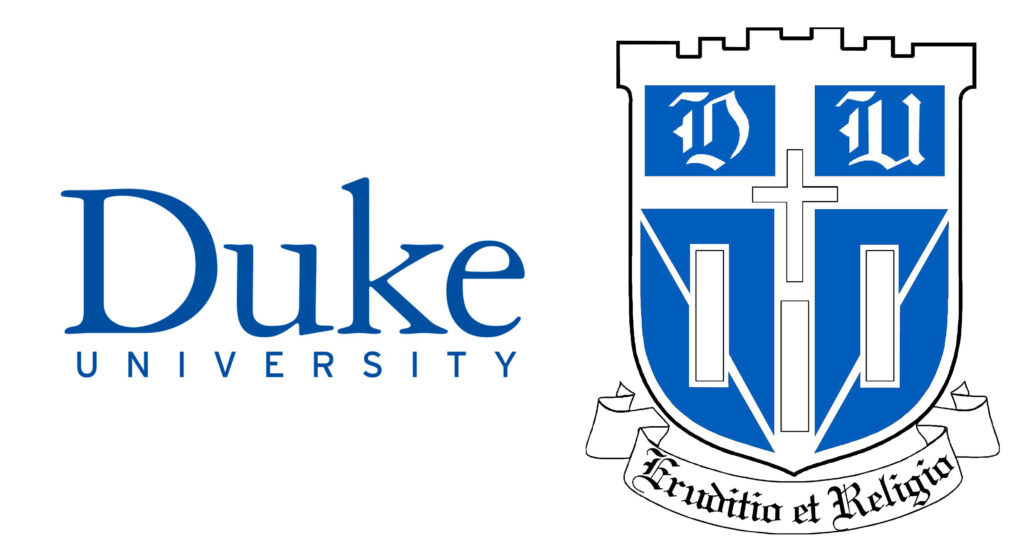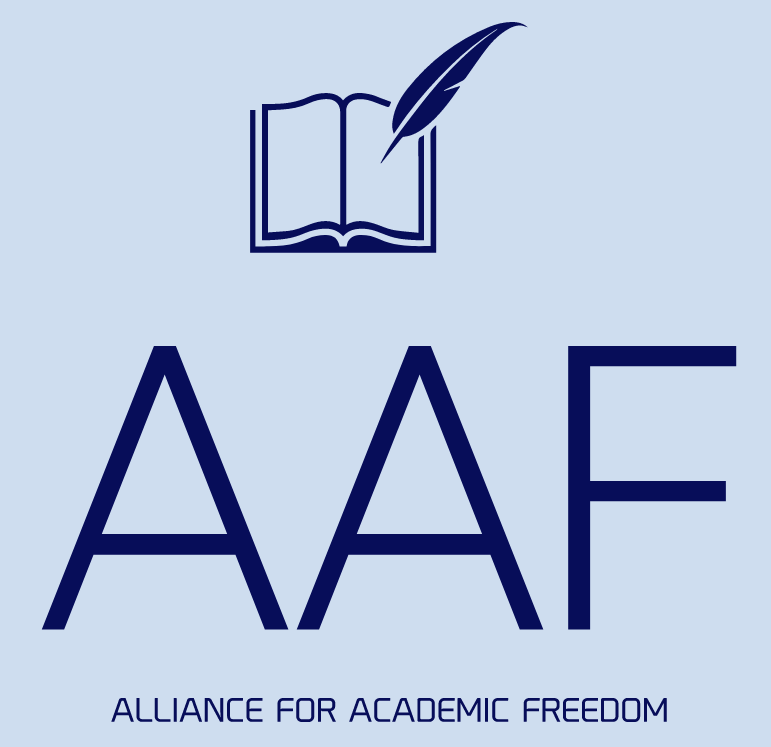AAF Expresses Concern Regarding U.S. Department of Education Letter to Duke-UNC Consortium for Middle East Studies
The Alliance for Academic Freedom remains concerned about the chilling effect on academic freedom of the letter that the U.S. Department of Education sent to the Duke-University of North Carolina Consortium for Middle East Studies on August 29 and about the nature of the Consortium’s programming.* Although the Department of Education renewed funding for the program on September 30 for 2019-2020, its letter alleged that the Consortium had violated Title VI of the Higher Education Act and implied that the Department intended to micromanage future Title VI activity, without the advice of experts in international and area studies.
News reports describing the March 2019 program hosted by Duke-UNC’s Consortium reflect the complicated nature of this case. There were credible, if disputed, allegations of an overtly antisemitic performance at the conference,** which university leadership acknowledged and condemned. Antisemitism, like any form of bigotry, should be denounced wherever it occurs, including on a campus. But as a general principle we do not believe funding for an entire program should be scuttled because of a single event or speaker.
Furthermore, the Department’s reservations about the Consortium’s impact on K-12 education are both unclear and undocumented. Thus, it is difficult to judge whether its programming fulfills the goals of Title VI to provide funds for the development of high-quality language and area studies or if, as the Department’s August 29th letter states, the Consortium’s teacher-training activities instead “advance narrow, particularized views of American social issues.” We are particularly concerned about such programming because we recognize that K-12 teachers are not protected by the same type of academic freedom as applies to those in higher education.
Title VI provides funds for a particular purpose. Federal government has the right, indeed the obligation, to make sure those funds are spent appropriately. Both the Department and the Duke-UNC Consortium have an obligation to ensure that scholarly undertakings on subjects such as the Middle East live up to Title VI’s goal. Yet there is a danger to academic freedom whenever the government seeks to substitute its analysis of what is being taught for that of professors and experts in the field. Academics leading Title VI programs deserve a presumption that their programs are academically appropriate. This is particularly true when the complaint is that the teaching lacks “balance,” which is a matter better left to the academy to determine, rather than Department of Education officials.
By renewing the Consortium’s funds, the Department has preserved academic freedom at the Consortium. But we remain concerned about the chilling effect of this exchange, and also wary about the nature of the Consortium’s programming and its impact on K-12 teachers.
*See NY Times news story.
**View YouTube video of controversial performance, deemed by some as antisemitic and others as satire. UNC’s interim chancellor condemned this performance for (in his view) containing “disturbing and hateful language.” And UNC has invited our TTN colleague, Kenneth Stern, to lecture on antisemitism.
Alliance for Academic Freedom
